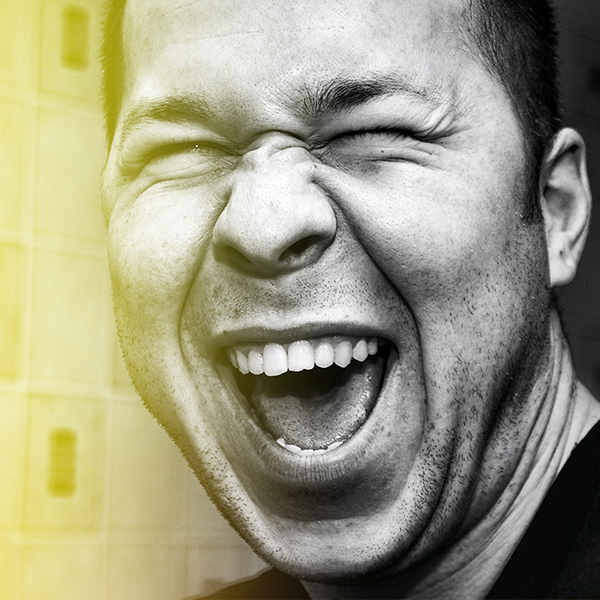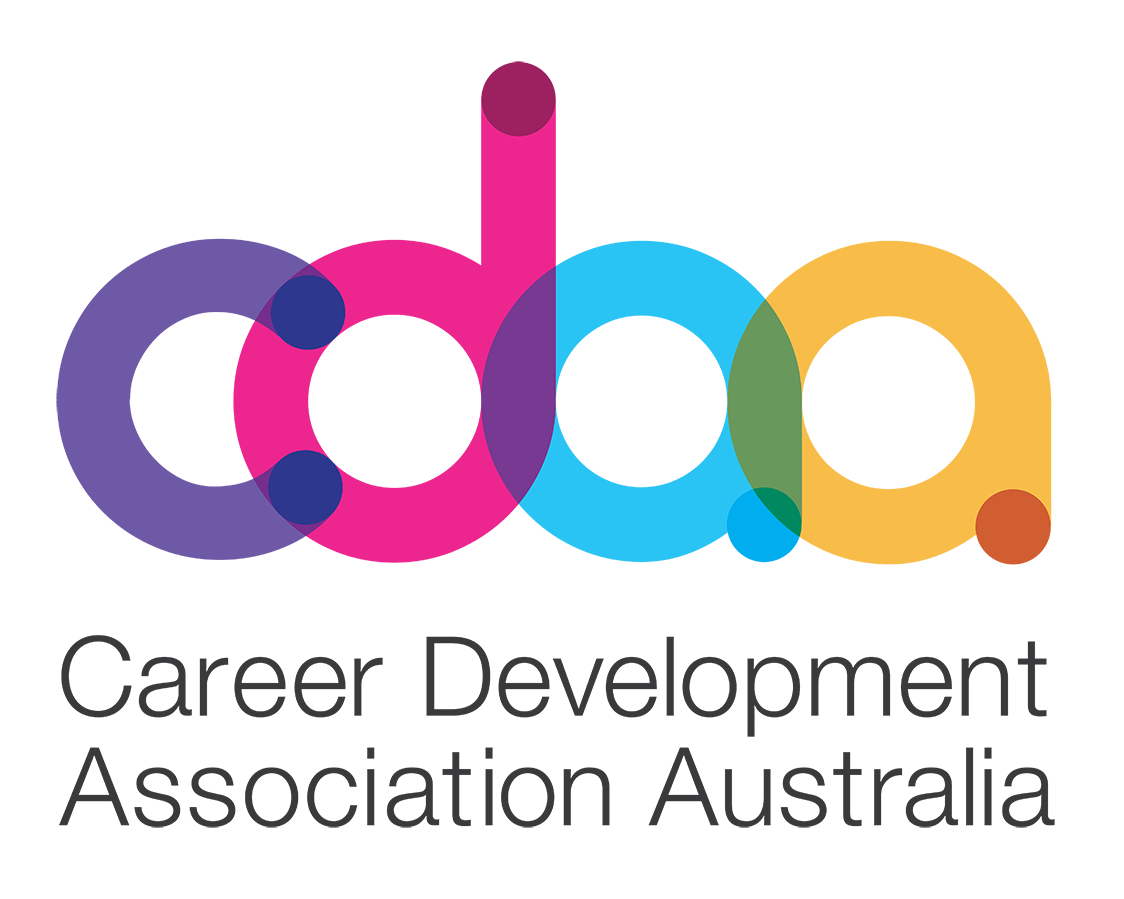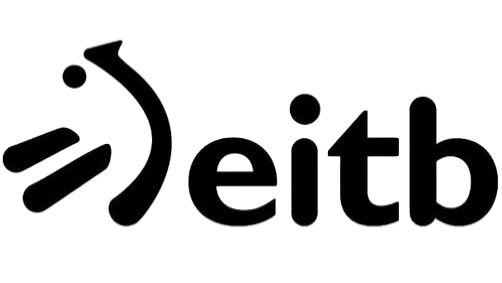Career Anchors: What Really Motivates Your Work Choices?

You’re at a crossroads. Maybe you’ve just turned in a two-week notice, or maybe you're staring at two very different job offers. Or worse, mid-week, staring out the window, wondering, “Is this it?” These are the moments when career anchors are essential: the deep‑rooted motivators guiding your work decisions.
Right now, that anchor – could be autonomy, security, creativity, or something else entirely – is tugging at you, making you question your next move. What if you could identify it, own it, and make confident choices grounded in your own true values?
That’s exactly what career anchors help you do. In the next few minutes, we’ll unpack what career anchors really are, why they matter so much, the eight core anchors defined by Edgar Schein, and how you can uncover your own. Plus, we’ll be candid about what happens when your job clashes with that anchor, and what to do about it.
What Is Anchoring in a Career Context?
What is anchoring in a career context? Many people think it's about comparing salary, location, or prestige. But anchoring is deeper than benchmarking. In psychology, anchoring refers to how an initial datum (your past experience, first salary, early praise) can disproportionately influence your decisions.
In a career context, Schein’s career anchor theory teaches us that each of us has a combination of talents, values, and self‑perceptions that we almost can’t ignore when making major work decisions.
Once we anchor on something – say, a need for independence or a drive to lead – it becomes our barometer. We measure roles, projects, and bosses against what we feel most driven to protect and express.
Schein, a professor at MIT Sloan School of Management, introduced this concept back in the 1970s. His insight: while skills and personalities evolve, many of our core motivators stay consistent, and these are the anchors that shape our career stories. They help you make decisions that fit you, not who others expect you to be.
Schein’s 8 Career Anchors: A Quick Guide
Here are the eight anchors Schein described, with simple explanations and real-world examples:
1. Technical/Functional Competence
You love doing what you do, and doing it well. Whether you’re a data scientist obsessed with clean algorithms, a chef mastering molecular gastronomy, or a marketer with an eye for finely tuned campaigns, your anchor says: Let me excel in the craft.
Example: A programmer-turning-CTO might step back to hands-on development because it’s what makes them feel fulfilled.
2. General Managerial Competence
You thrive in systems, strategy, and leading teams. You like coordinating projects and making big-picture decisions.
Example: An engineer turned project manager leaves coding behind to lead diverse teams across global offices.
3. Autonomy/Independence
Having control is everything to you. Whether freelancing, consulting, or choosing your own projects, you need freedom to make decisions on your terms.
Example: A design consultant refusing offers from agencies for a flexible remote mix.
4. Security/Stability
You value predictability. A steady income, clear career paths, and benefits. You want to know the lightbulbs won’t go out next month.
Example: A mid-level civil servant who leaves a turbulent startup for the Geographic Services Board because of pension and regular hours.
5. Entrepreneurial Creativity
You’re happiest creating something from nothing, like building processes, products, or companies.
Example: The corporate banker who starts an eco-friendly packaging startup on the side.
6. Service/Dedication to a Cause
Your work must matter. You need to see how what you do helps people, society, or the planet.
Example: A marketing exec leaving a luxury brand to work in a non-profit empowering local youth.
7. Pure Challenge
You don’t do easy and crave the hard stuff. Complex engineering problems, high-stakes deals, tight timelines: bring it on.
Example: A cybersecurity expert who jumps from fintech to health-tech because the problems are always new.
8. Lifestyle
You want your work to fit your life, not swallow it. Time with family, travel, hobbies, and you refuse to compromise.
Example: A medical doctor moving into telehealth and teaching for more flexible hours.
These anchors serve as motivations and you might even feel two, but usually one stands strongest.

Why the Importance of Career Anchors Has Grown
The importance of career anchors has never been more visible. Here’s why:
- Remote & hybrid work has shifted the role-work balance. People are less tied to desk jobs and more able (and willing) to choose flexibility over prestige.
- Portfolio careers – holding multiple micro-roles – are rising. You can’t do that for long if you're not clear about what motivates you at your core.
- Burnout is at record highs. One-size-fits-all, hustle-based models don’t work if they conflict with your anchor.
- Generational values: Millennials and Gen Z are more transparent about wanting fulfilling work aligned with their values.
- Regional trends in Singapore support this shift. SkillsFuture Singapore, for example, pushes lifelong learning – something that resonates with anchors like ‘Technical Competence’ and ‘Service’ . Meanwhile, the Australian labour market insights suggest flexibility, autonomy, and career resilience are in increasing demand .
Anchors help make sense of these trends. They’re the personal north star guiding you through a sea of changing career norms.
How to Identify Your Own Career Anchor
So how do you figure out your anchor? Here are some exercises:
- Reflective journaling: Ask yourself: When have you felt most alive at work? Most drained? What common element ties those moments together?
- Journaling prompts:
- “What would I do, even if I didn’t get paid?”
- “In what kind of work would I refuse to retire?”
- “What work would I feel proud to share with my kids?”
- Personality or motivator tools: Insights Discovery, Gallup’s Strengths Explorer, or Schein’s own self-assessment can help point the way, but only as a guide.
- Pause external noise: Social media, friends’ opinions, peers’ values… You’ll have to momentarily step away. Your anchor is internal.
Spend even ten minutes a day for a week on those prompts. You’ll find patterns. And patterns reveal anchors.
What Happens When Your Anchor and Job Clash
Here’s what happens when anchors clash with reality:
- You check LinkedIn every day, hoping a better job is waiting.
- Your heart sinks before Monday meetings begin.
- You feel exhausted, even without long hours.
- You swap real passion for busy work, and feel a slow freeze inside.
But it’s not all doom:
- Reassess values. Identify which anchor you’re starving, and whether it’s primary or secondary.
- Redesign your current role. Ask for more autonomy, a new project, cross-functional collaboration.
- Talk it through. A manager, mentor – or a coach from The Happy Mondays – can help find small tweaks or larger pivots.
- Plan gradual change. A side gig? Course? Part‑time role? All help you test waters before diving in.
- Leave, but thoughtfully. If your anchor is security, and your industry tumbles, rushing out might hurt, so take the time to plan.
Not every fix involves quitting. Often, knowing your anchor helps you tweak your lane, not necessarily exit the highway.
Conclusion: Anchor into What Really Matters
Knowing your career anchors is a radical act of kindness to yourself. It’s the sober vision born from understanding who you are and what keeps you going. It helps you say “no” to shiny distractions, and “yes” to work that fuels you, day after day.
So if you’ve ever wondered why one role energises you while another looks good on paper but feels empty, meet your anchor. Embrace it: The knowledge it gives you is grounding.
And, if you’re ready to explore it further, align your next move, or shift your path toward meaning… The Happy Mondays Co is here. Our Career Coaching is designed – gentle, candid, effective – to help you rediscover what you truly care about, and build a career rooted in that anchor.
After all, work should feel good more often than it doesn’t. And most importantly, it should feel like yours.



















